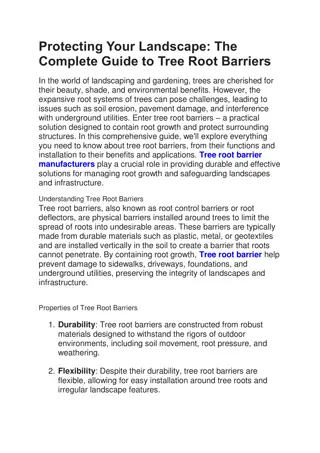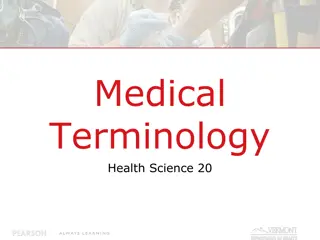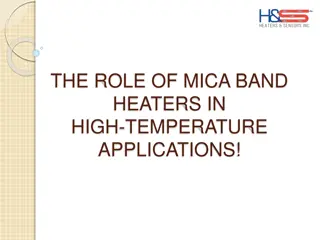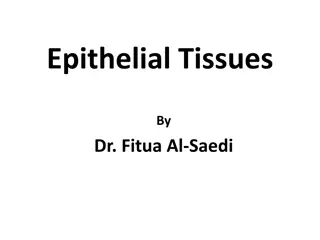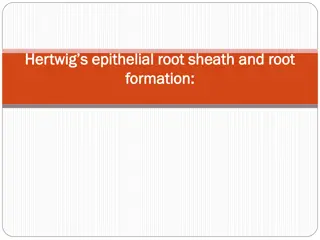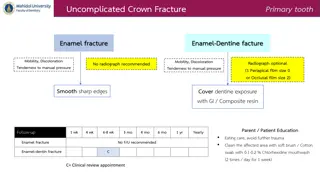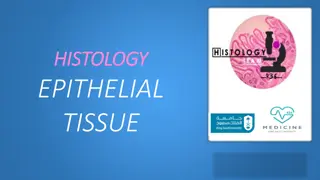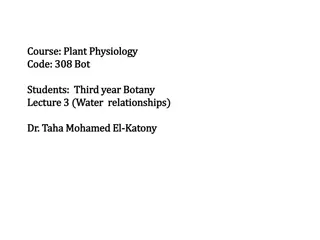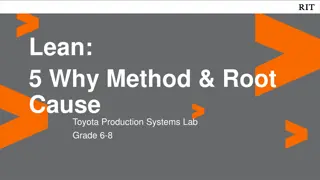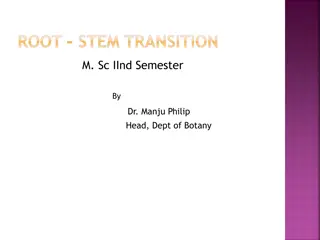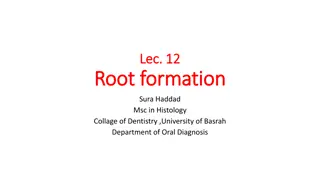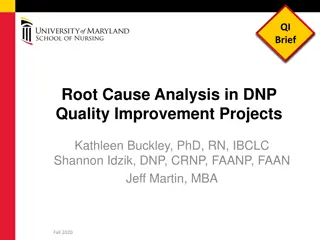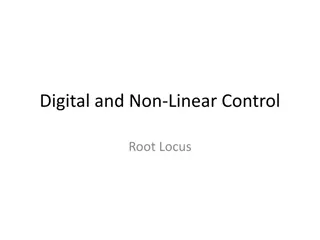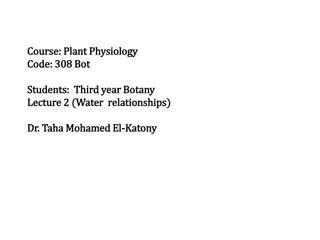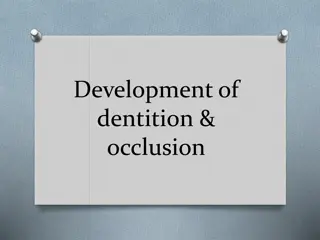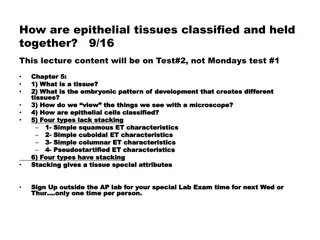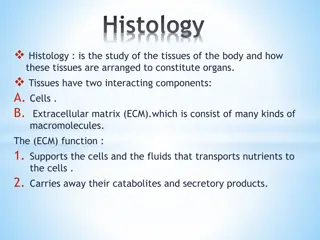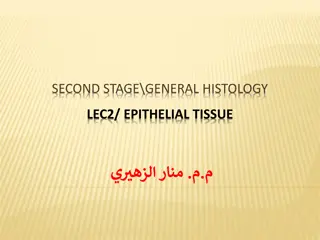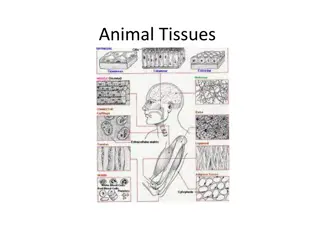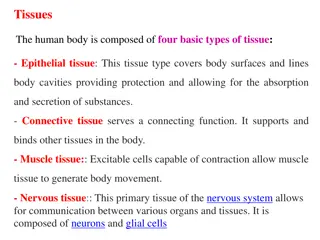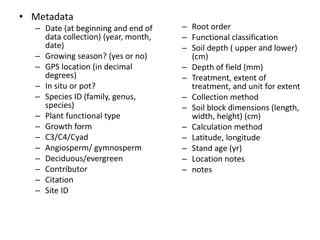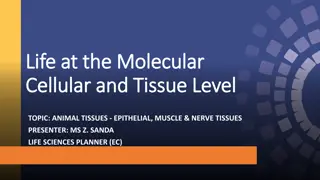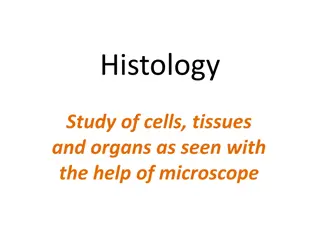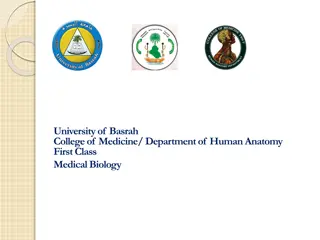Sustainable Rice Production in Pakistan: Challenges and Strategies
Pakistan's economy heavily relies on rice exports, with the country being a significant producer and exporter. However, challenges such as pesticide residues, major insect pests, and diseases threaten rice production. Key parameters for production include cultivation of improved varieties, pest mana
2 views • 42 slides
Root Cause Analysis for Campaign Challenges
Root Cause Analysis (RCA) is a problem-solving method used to identify underlying causes of key process challenges in campaigns. It helps in learning from bottlenecks and successes to improve future outcomes. This analysis involves understanding what happened, why it happened, and what actions can b
7 views • 18 slides
Protecting Your Landscape: The Complete Guide to Tree Root Barriers
In the world of landscaping and gardening, trees are cherished for their beauty, shade, and environmental benefits. However, the expansive root systems of trees can pose challenges, leading to issues such as soil erosion, pavement damage, and interference with underground utilities. Enter tree root
12 views • 5 slides
Medical Terminology Health Science 20
Medical terminology is a specialized language used in healthcare to describe medical concepts concisely. It consists of prefixes, root words, and suffixes, which can be broken down to define complex terms. Utilizing proper medical terminology enhances communication among healthcare professionals and
3 views • 16 slides
The Role of Mica Band Heaters in Streamlining Manufacturing Processes!
A Mica Band Heater is a type of heating element commonly used in various industrial applications. It consists of a metal sheath, typically made of stainless steel or other heat-resistant materials, which encloses a heating coil. This heating coil is insulated by layers of mica, a mineral known for i
2 views • 8 slides
The Impact of Mica Band Heaters on High-Temperature Performance!
A Mica Band Heater is a type of heating element used in industrial applications to heat cylindrical surfaces like pipes, barrels, or nozzles. It consists of a metal sheath wrapped around with mica insulation and a resistance heating element embedded
1 views • 8 slides
Understanding Glandular Specialized Epithelium and Glands
Glandular specialized epithelium forms a class of epithelial tissues with specific functions and structures, composed of cuboidal, columnar, and ciliated columnar epithelial cells. These tissues contain gland cells that are secretary in nature, with zymogen granules in the cytoplasm. Glands are spec
1 views • 35 slides
Understanding Epithelial Tissues: Types and Characteristics
Epithelial tissues are integral to the human body, forming sheets of cells that cover internal and external surfaces. Derived from all three primary germ layers, epithelia exhibit distinct polar characteristics and rely on connective tissue support. There are two main types of epithelial tissues –
1 views • 16 slides
Understanding the Morphology of Flowering Plants: Root and Shoot Systems and Plant Parts
Flowering plants have a typical structure comprising root and shoot systems. The root system is homogenous and consists of roots and branches, while the shoot system is also homogenous and includes the stem, branches, leaves, and flowers. The plant body is divided into vegetative and reproductive pa
0 views • 115 slides
Formation of Hertwig's Epithelial Root Sheath in Tooth Development
The formation of Hertwig's Epithelial Root Sheath (HERS) is crucial in determining the shape, length, and number of roots in teeth. It initiates the formation of radicular dentin, marking the beginning of root development after enamel and dentin formation. HERS consists of outer and inner enamel epi
0 views • 29 slides
Pediatric Dental Crown and Root Fractures Management Guidelines
Guidelines for managing pediatric dental crown and root fractures are provided based on the type and severity of the fracture, along with treatment recommendations, follow-up schedules, and parent/patient education tips. The content covers uncomplicated crown fracture, primary tooth enamel-dentine f
2 views • 9 slides
Effective Root Cause Analysis for Problem Resolution
In the process of determining the root cause of a problem, it is crucial to look beyond initial reactions and symptoms. Root Cause Analysis focuses on identifying underlying factors, not blaming individuals. By analyzing significant events and repetitive errors or failures, a systematic approach can
0 views • 22 slides
Essential Tools for Root Cause Analysis
Root Cause Analysis is a crucial process in problem-solving. Two essential tools discussed here are Brainstorming and the 5 Whys Analysis. Brainstorming involves generating ideas in a group session without criticism, followed by sorting and evaluating these ideas. The 5 Whys Analysis helps to drill
0 views • 19 slides
Best Practices for Transradial Angiography & Intervention Update
Expert consensus statements provide guidance on utilizing ultrasound guidance for arterial access, preferring radial over ulnar artery access, and the utility of non-invasive collateral flow assessment. Recommendations include administering heparin post-sheath placement and using low-profile sheaths
0 views • 7 slides
Understanding Epithelial Tissue: Characteristics, Types, and Functions
Epithelial tissue is a crucial component of the body forming protective barriers, aiding in secretion, absorption, excretion, and more. Learn about its general characteristics, different types such as simple and stratified epithelium, glandular epithelium classification, and clinical applications li
0 views • 12 slides
Understanding Root Pressure in Plant Physiology
Root pressure is the pressure developing in xylem vessels due to metabolic activities of the roots. It is an active process driven by osmotic mechanisms and the absorption of salts by the roots. This pressure plays a key role in translocation of water, affecting factors like respiration, exudation r
1 views • 20 slides
Understanding Root Causes with Lean 5 Why Method
Problems are a part of everyday life, and it's essential for Industrial Engineers to uncover the root causes behind those problems. The Lean 5 Why Method is a powerful tool that helps identify the underlying reasons for issues, enabling the development of effective solutions. By asking "Why?" five t
0 views • 6 slides
Understanding Vascular Transition in Root-Stem Structure
Root and stem in plants form a continuous structure with a transition region between them. The transition involves twisting and inversion of xylem strands, leading to variations in vascular bundles. Eames and Mac Daniels identified different types of vascular transitions in dicots and monocots, each
1 views • 13 slides
Root Development in Tooth Growth Process
Root formation plays a crucial role in the development of teeth, starting after enamel and dentin formation at the cementoenamel junction. Hertwig's epithelial root sheath (HERS) molds the shape of roots, initiating radicular dentin formation. The cervical loop forms an epithelial diaphragm, narrowi
0 views • 23 slides
Root Cause Analysis in Quality Improvement Projects
Explore the significance of analyzing root causes in quality improvement projects, with a focus on tools like fishbone diagrams. Learn why and when to conduct root cause analysis, along with various strategies and tools available for this process. Enhance your understanding of identifying and addres
1 views • 17 slides
Understanding Root Locus Method in Control Systems
The root locus method in control systems involves tracing the path of roots of the characteristic equation in the s-plane as a system parameter varies. This technique simplifies the analysis of closed-loop stability by plotting the roots for different parameter values. With the root locus method, de
0 views • 41 slides
Understanding Water Absorption in Plant Root Systems
Absorption of water by plant roots is a crucial process involving osmosis and gradients. The root system structure plays a vital role in water absorption efficiency, with root hairs being key to this process. Factors such as soil penetration depth and root hair characteristics impact the extent of w
0 views • 21 slides
Root Operations in ICD-10-PCS for Body Part Procedures
An overview of root operations in ICD-10-PCS related to taking out solids, fluids, or gases from a body part, including Drainage, Extirpation, and Fragmentation. Each root operation has specific definitions, examples, and explanations for procedures involving removal or manipulation of solid matter
0 views • 60 slides
Root Canal Treatment in Hyderabad- Your Guide to a Healthier Smile
Discover the best dental hospital in Hyderabad for your root canal treatment at Hyderabad Smiles. Our expert team ensures painless and effective root canal treatment in Hyderabad using advanced technology. Trust Hyderabad Smiles for top-notch dental
1 views • 3 slides
Understanding the Development of Dentition and Occlusion
Explore the fascinating journey of tooth development from the oral octoderm to the various stages of dentition, including the bud, cap, and bell stages. Learn about root development and the formation of the Hertwig's epithelial root sheath. Discover key features of the pre-dentate period and the dec
1 views • 38 slides
Understanding Epithelial Tissues: Classification and Cellular Characteristics
Epithelial tissues are classified based on their structure and organization, with various types exhibiting distinct features like stacking or lack of stacking. These tissues are held together by special attributes, contributing to their functions within organs and systems. By examining tissues under
0 views • 14 slides
Overview of Histology: Study of Tissues and Organs
Histology involves studying the tissues of the body and how they form organs. Tissues consist of cells and extracellular matrix, with functions like support, nutrient transport, and waste removal. The human body comprises epithelial, connective, muscular, and nervous tissues, each with specific func
0 views • 4 slides
Understanding Epithelial Tissue in General Histology
Epithelial tissue is a crucial type of tissue in the human body, performing functions like protection, absorption, secretion, and sensation detection. This tissue is composed of cells with minimal extracellular matrix and plays a vital role in various bodily processes. Learn about the classification
0 views • 47 slides
Case Study: Successful Treatment of LAD Calcified Lesion with Percutaneous Coronary Intervention
A case study dated 2024/01/06 from Far Eastern Memorial Hospital involving the treatment of a calcified lesion in the LAD artery using percutaneous coronary intervention. The procedure included wire and sheath insertion, angiography, OCT imaging revealing severe calcification, rotablation, IVL, sten
0 views • 7 slides
Understanding Animal Tissues: Epithelial, Muscle, Nerve, and Connective Tissues
Explore the four general categories of animal tissue - epithelial, muscle, nerve, and connective tissues. Learn about the traits, classification, examples, and functions of each type of tissue. From the tightly packed cells of epithelial tissue to the excitable nature of muscle tissue, delve into th
1 views • 22 slides
Understanding Epithelial Tissues: Structure and Function
Epithelial tissues play crucial roles in the human body, covering surfaces, lining cavities, and forming glands. They are highly cellular and rest on a basement membrane, separating them from connective tissues. Epithelial tissues serve functions such as protection, absorption, secretion, and contra
0 views • 15 slides
Mica Band Heater Installation: Safety Guidelines You Need to Know!
A Mica Band Heater is an efficient heating solution designed for cylindrical surfaces like barrels and pipes. It consists of a nickel-chrome resistance wire wound around a mica core, which is encased in a stainless-steel sheath. These heaters provide
1 views • 8 slides
Root Morphology and Chemistry Data Collection in Plant Study
This dataset includes detailed metadata on root characteristics, such as diameter, branching intensity, mycorrhizae type, along with root chemistry data like nutrient concentrations and stable isotopic values. Soil dynamics, including temperature and texture, and climate information are also documen
0 views • 4 slides
Root Zone Management Changes Process Overview
Understanding how changes to root zone management are requested, the transition from NTIA oversight, and the role of the Root Zone Evolution Review Committee (RZERC) in advising the ICANN Board on root zone management changes.
0 views • 7 slides
Understanding Animal Tissues: Epithelial, Muscle & Nerve Tissues
A tissue is a group of cells with similar structures working together for a common function. There are four main types of animal tissues: Epithelial, Connective, Muscle, and Nervous tissues. Epithelial tissue forms protective layers and linings in the body, aiding in absorption, excretion, and trans
0 views • 29 slides
Introduction to Histology: Study of Cells, Tissues, and Organs
Histology, also known as microscopic anatomy, focuses on the study of cells, tissues, and organs through a microscope. It encompasses the examination of epithelial tissues, their special characteristics, functions, and embryological origins. Epithelial tissues play crucial roles in protection, absor
0 views • 55 slides
Understanding L-Root: An Overview of ICANN DNS Operations
Explore the world of L-Root, one of the 13 independently operated root servers serving the DNS root zone. Learn about its operational details, geographical diversity via Anycast, global locations, and the process of hosting an L-Root instance on your network. Discover how Anycast improves user exper
0 views • 15 slides
Maize Root Anatomy: An In-depth Examination
Maize root anatomy involves various specialized structures such as the epidermis, cortex, endodermis, pericycle, and vascular tissue. The epidermis is crucial for absorption and protection, while the cortex plays a role in providing support and storage. The endodermis acts as a barrier and regulates
0 views • 9 slides
Understanding Epithelial Tissue in Human Anatomy: A Comprehensive Overview
Epithelial tissue is a vital component of the human body, serving as a protective barrier and interface with the external environment. This tissue type, along with other essential tissues, plays a crucial role in the development and function of organs. Learn about the structure, function, and signif
0 views • 22 slides
Understanding Basic Histology and Tissue Types
Explore histology, tissues, and types of tissues including epithelial, connective, muscle, and nerve tissues. Learn about tissue characteristics, differences, and functions, as well as details on specific tissue types like cardiac muscle, bone tissue, skeletal muscle, and smooth muscle. Delve into e
0 views • 74 slides


